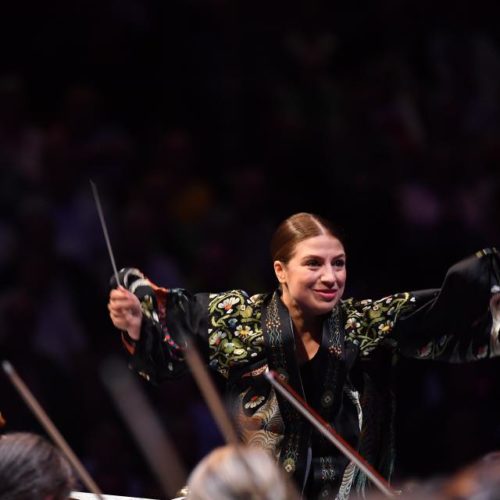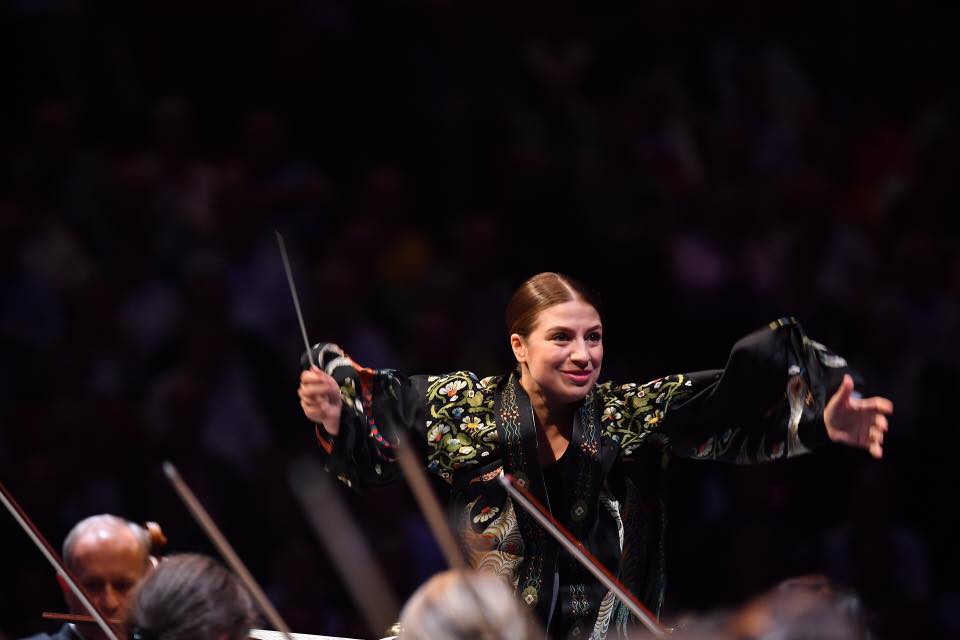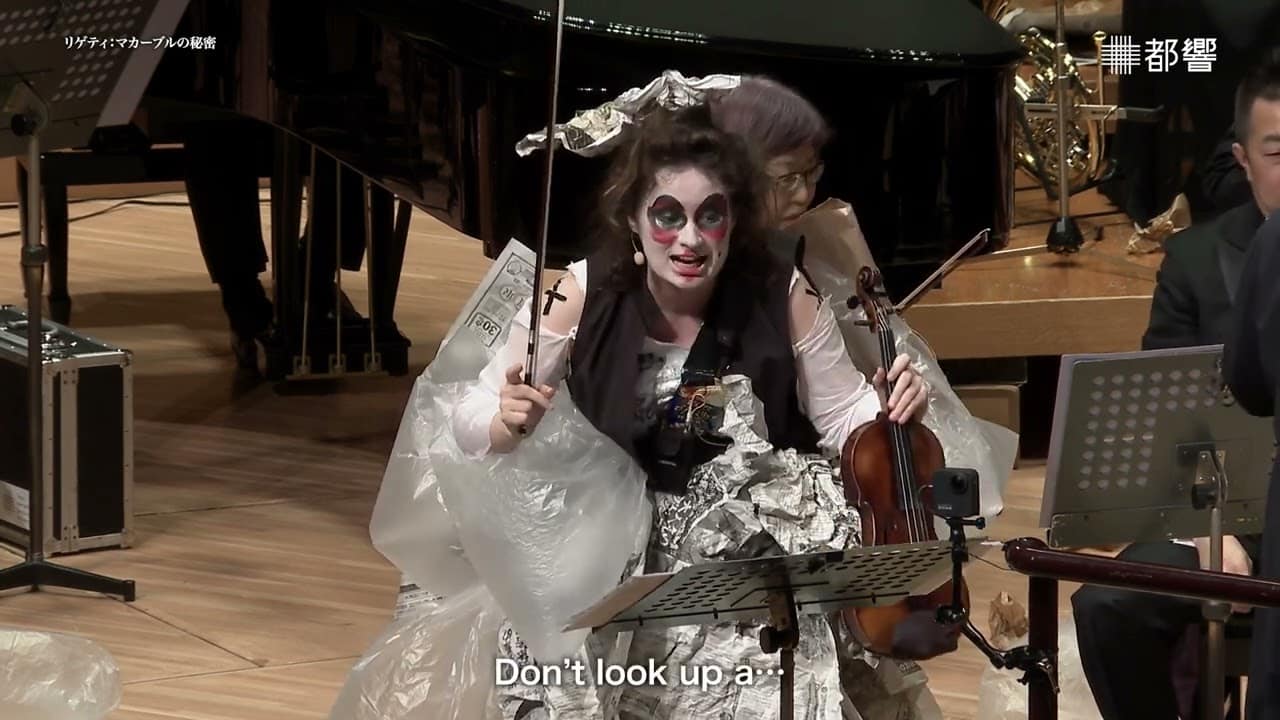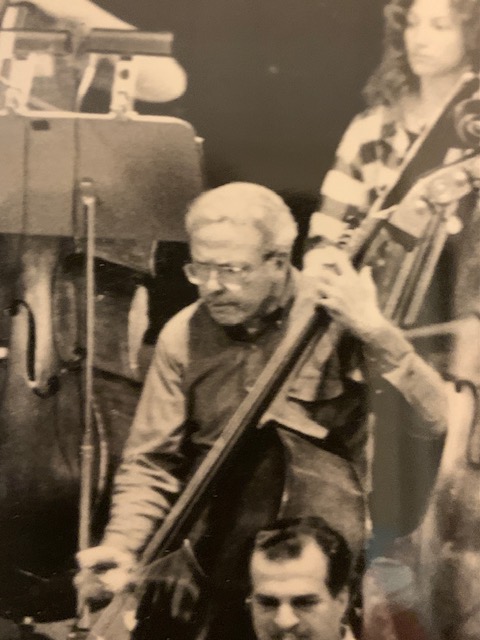Pathetique for a woman conductor
mainDalia Stasevska, the BBC Symphony’s new principal guest conductor, made a nervous debut last night at the BBC Proms.
She was not helped by wearing a kimono-type garment with a peacock design and flapping sleeves. It deflected attention from what should have been the musician’s main focus – her hands. Stasevska, 34, uses a long baton with textbook motions. Her left hand, so far as I could see past the sleeve, was curiously unexpressive, the fingers static and together.
A Finn of Ukrainian origin, she gave a fidgety account of the Sibelius Karelia suite, not much light and shade and very little to draw the ear off the beaten path. The London premiere of Mieczyslaw Weinberg’s 1956 cello concerto (and Weinberg’s first hearing at the Proms) went much better, thanks to the soloist Sol Gabetta, who has toured the work across Germany to great acclaim. Rippled with Jewish themes and klezmer evocations, embedded with ideas that the composer’s friend Shostakovich borrowed for his own concerto four years later, the half-hour work has so much going on between the lines that I kept wanting to press the pause button for instant replay.
Gabetta, in a show-stealing backless dress, kept the eye off Stasevska, who seemed less laboured by now, more comfortable with the idiom and evidently more connected to the players, though the concertmaster Igor Yuzefovich looked lost in a world all his own.
Which left, after the interval, Tchaikovsky’s Pathétique Symphony, a challenge for any young conductor bearing in mind the interpretative legacy that listeners bring to any new performance – Mravinsky, Furtwängler, Karajan, Kubelik, Solti, Abbado, Muti, Tennstedt, Masur, to mention just my own milestones.
The symphony started well, the tempi taut and credible, and it got to be so confident that Stasevska was able to stand back in the second movement and lower the baton, letting the orchestra play on auto-pilot, always a good sign in a new conductor. The allegro third movement was almost joyous – if such as word is not out of place in the Pathétique – and, if the finale lacked ultimate pathos, the narrative direction was never less than lucid. It was a good performance, redeeming in many ways. This conductor will have better nights.
UPDATE: Should we just ignore what an artist wears?

photo: Chris Christodoulou/BBC
Player of the night: The BBC’s principal bassoon Amy Harman.
And here’s an earlier performance of the Weinberg, conducted by Stasevska’s teachedr, Mikko Franck:






Comments